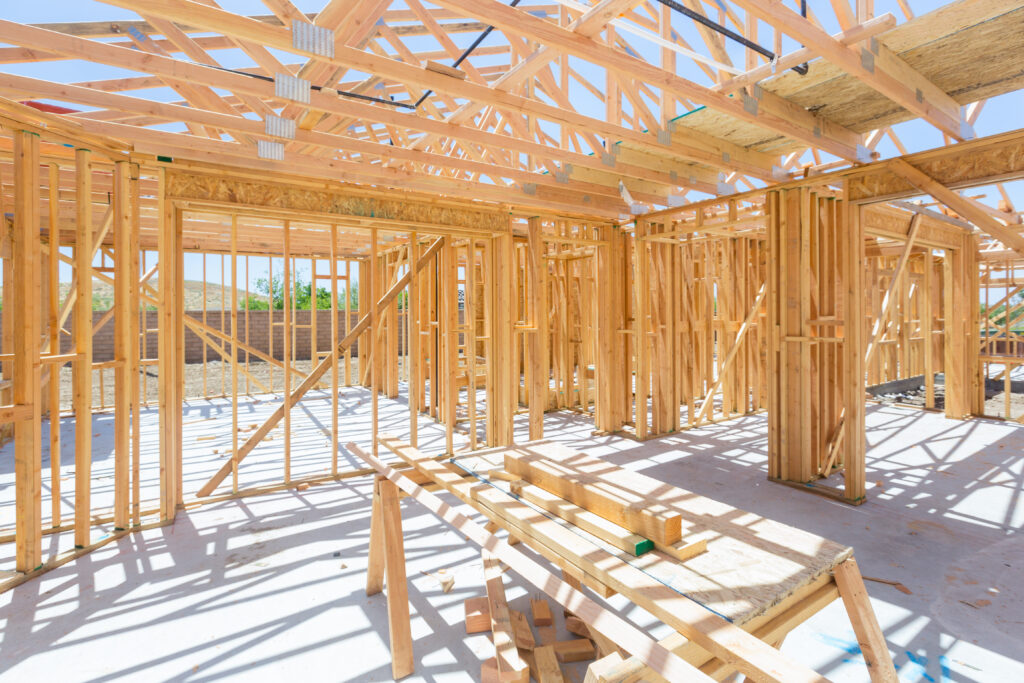Understanding Construction Loans
Construction loans are a specialised type of loan designed to finance the building of a new home or a significant structural renovation. Unlike standard home loans, construction loans involve a more complex process that borrowers must navigate. Let’s explore how they differ and what you need to know if you’re considering this type of financing.
Key Differences Between Construction Loans and Standard Home Loans
One of the main distinctions between construction loans and standard home loans lies in how the funds are disbursed. With a traditional home loan, the entire amount is typically provided at the time of closing. In contrast, construction loans are disbursed in stages, known as “draw downs,” as the construction progresses.
What is a Draw Down?
A draw down involves the release of funds in increments as various stages of the construction are completed. The progress of the construction is evaluated by an appraiser or inspector, who assesses milestones such as the completion of the foundation or the framing of the house. When a milestone is reached, a portion of the loan amount is disbursed, usually through payment of the builder’s invoice. This method ensures that funds are used as intended and minimises risk for the lender.
Shorter Loan Terms and Interest-Only Periods
Another crucial aspect of construction loans is their shorter term compared to traditional home loans. Most construction loans have a mandatory 12 to 24 months interest-only period during the construction phase. This is because the construction is expected to be completed within a specific timeframe. After the construction is finished, borrowers can choose to refinance the construction loan into a long-term mortgage or pay off the loan in full.
Additional Documentation and Requirements
Construction loans typically require more documentation than standard home loans. Lenders will often ask for detailed plans, project specifications, a realistic budget, and a timeline for completion. These additional requirements help ensure that the project is feasible, and that the borrower understands the associated costs and risks.
Evaluating Your Financial Situation
Before applying for a construction loan, it’s vital to evaluate your financial situation carefully and research the available loan options. Consulting with a mortgage broker can provide valuable insights and guidance, helping you navigate the complexities of the loan process.
Conclusion: A Unique Financing Solution
Construction loans offer a unique financing solution for individuals interested in building their home or undertaking major renovations. While they provide flexibility in funding, they also come with additional requirements and complexities. Fortunately, with the assistance of experienced professionals, securing financing for your dream home can be more straightforward.
If you are considering building and would like expert guidance from start to finish, please don’t hesitate to contact 180 Finance at 0480 311 301 or book a video call. Our services are provided to you at no cost whatsoever.

